January 16 stands as one of history’s most eventful days, witnessing the rise and fall of empires, groundbreaking discoveries, and moments that shaped our modern world across centuries of human achievement.
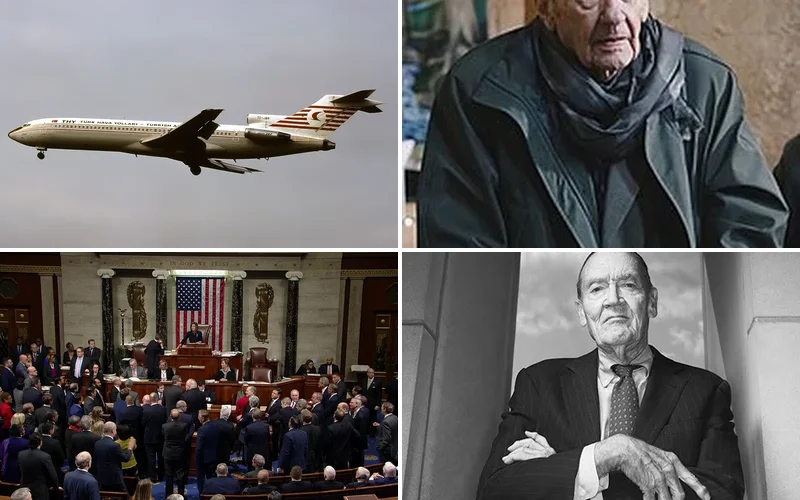
Politics and Government Events on January 16
1920 – The League of Nations Holds Its First Council Meeting
The newly formed League of Nations convened its inaugural council meeting in Paris, France, marking humanity’s first attempt at global governance. World leaders gathered to establish protocols for international cooperation and peace maintenance following the devastating Great War.
The meeting set precedents for multilateral diplomacy that would influence international relations for decades. Despite its eventual dissolution, the League’s foundational principles would later inspire the United Nations’ formation.
1979 – Iranian Revolution Reaches Its Climax
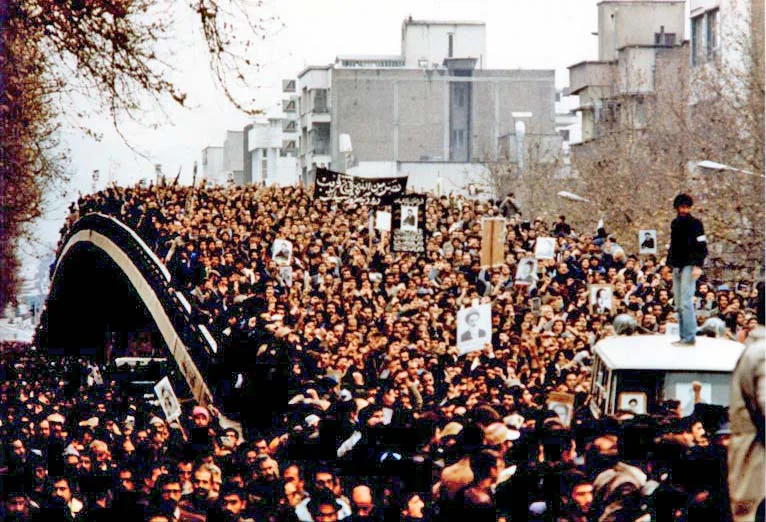
The last Iranian Shah fled Iran with his family, relocating permanently to Egypt as revolutionary forces seized control of the nation. This dramatic exodus marked the end of over 2,500 years of monarchical rule in Persia.
The Shah’s departure paved the way for Ayatollah Khomeini’s return and the establishment of the Islamic Republic. This transformation fundamentally altered Middle Eastern geopolitics and global energy markets.
2006 – Ellen Johnson Sirleaf Becomes Africa’s First Female President
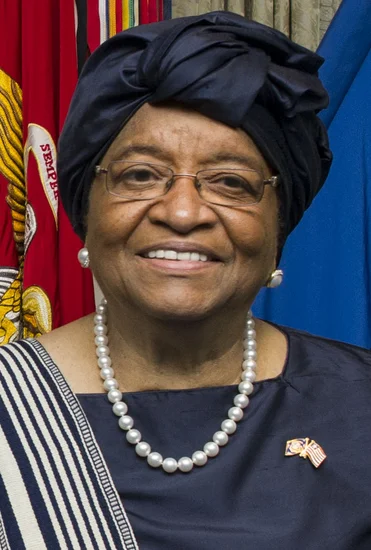
Ellen Johnson Sirleaf was sworn in as Liberia’s new president, breaking barriers as Africa’s first democratically elected female head of state. Her inauguration represented a watershed moment for gender equality in African politics.
Sirleaf’s presidency brought hope to war-torn Liberia after years of devastating civil conflict. Her leadership would later earn her the Nobel Peace Prize for promoting women’s rights and democratic governance.
2020 – Donald Trump’s Impeachment Trial Begins
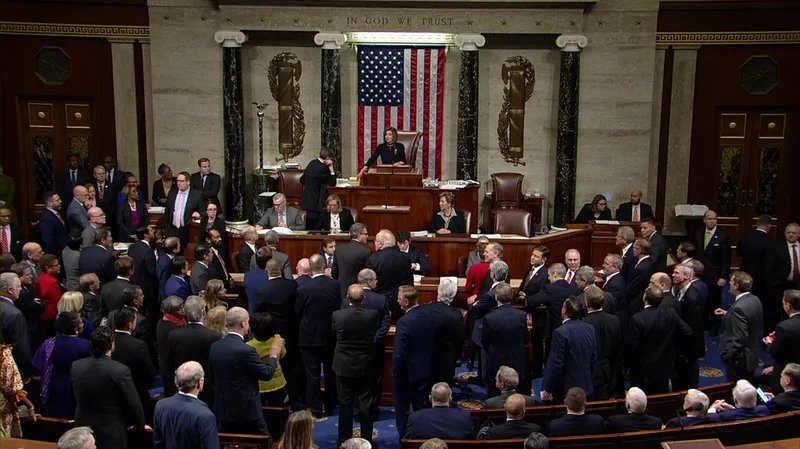
The first impeachment of Donald Trump formally moved into its trial phase in the United States Senate. This historic proceeding marked only the third presidential impeachment trial in American history.
The Senate trial captivated national attention as lawmakers debated charges of abuse of power and obstruction of Congress. The proceedings highlighted deep partisan divisions while testing constitutional mechanisms for presidential accountability.
1991 – Gulf War Begins
Coalition Forces launched military operations against Iraq, beginning the Gulf War in response to Iraq’s invasion of Kuwait. The conflict marked the first major international military action following the Cold War’s end.
Modern warfare technologies dominated the battlefield as precision-guided munitions revolutionized military strategy. The swift coalition victory demonstrated American military supremacy and reshaped Middle Eastern power dynamics.
Military and Naval History on January 16
1945 – Hitler Retreats to Underground Bunker
Adolf Hitler moved into his underground bunker, the infamous Führerbunker, as Allied forces closed in on Berlin. This strategic retreat marked the beginning of Nazi Germany’s final desperate stand.
The bunker would become Hitler’s tomb as he directed increasingly futile military operations from beneath the German capital. His subterranean isolation symbolized the Third Reich’s complete collapse and impending defeat.
1942 – Holocaust Deportations Begin from Łódź Ghetto
Nazi Germany initiated the systematic deportation of Jews from the Łódź Ghetto to Chełmno extermination camp. This operation represented a horrific escalation in the Holocaust’s implementation across occupied Europe.
Thousands of innocent civilians faced transport to certain death as Nazi killing machinery reached peak efficiency. The deportations demonstrated the regime’s commitment to genocidal policies despite mounting military pressures.
2001 – Laurent-Désiré Kabila Assassinated
Congolese President Laurent-Désiré Kabila was assassinated by one of his own bodyguards in Kinshasa during the Second Congo War. His death created a power vacuum in the mineral-rich but war-torn nation.
The assassination intensified regional conflicts as foreign powers jockeyed for influence over Congo’s vast resources. Kabila’s son Joseph assumed power, continuing the family’s controversial rule over Central Africa’s largest country.
1969 – Soviet Spacecraft Achieve Historic Docking
Soviet spacecraft Soyuz 4 and Soyuz 5 performed the first-ever docking of crewed spacecraft in orbit. This technological breakthrough included the first crew transfer between space vehicles accomplished through spacewalk.
The achievement demonstrated Soviet space program capabilities during the intense Space Race competition. These pioneering techniques would later become standard procedures for international space station operations.
Science and Discovery Milestones on January 16
1909 – Shackleton’s Expedition Locates Magnetic South Pole
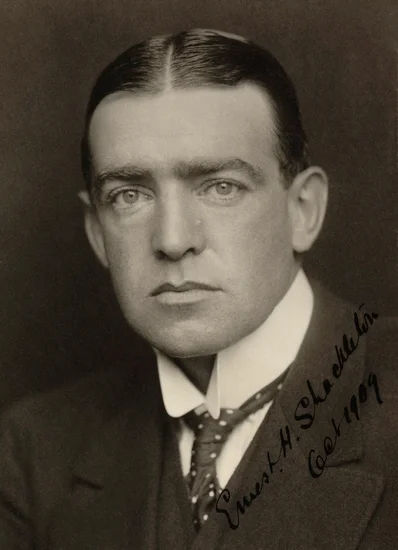
Ernest Shackleton’s expedition successfully found the magnetic South Pole, achieving a major milestone in Antarctic exploration. This discovery advanced scientific understanding of Earth’s magnetic field properties and polar geography.
The expedition’s findings contributed crucial data to geological and meteorological research programs. Shackleton’s achievement cemented his reputation as one of history’s greatest polar explorers.
1913 – Ramanujan’s Mathematical Breakthrough
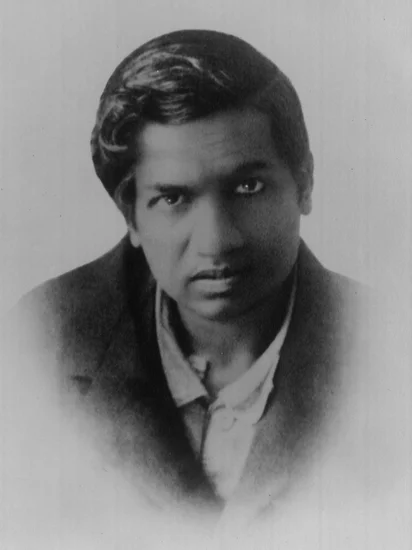
Indian mathematician Srinivasa Ramanujan wrote his first letter to G. H. Hardy at Cambridge University, presenting extraordinary mathematical formulae without formal proofs. This correspondence launched one of mathematics’ most celebrated collaborations.
Ramanujan’s intuitive genius revealed profound mathematical truths that challenged conventional academic approaches. His work revolutionized number theory and continues influencing modern mathematical research.
2003 – Columbia’s Final Mission Launches
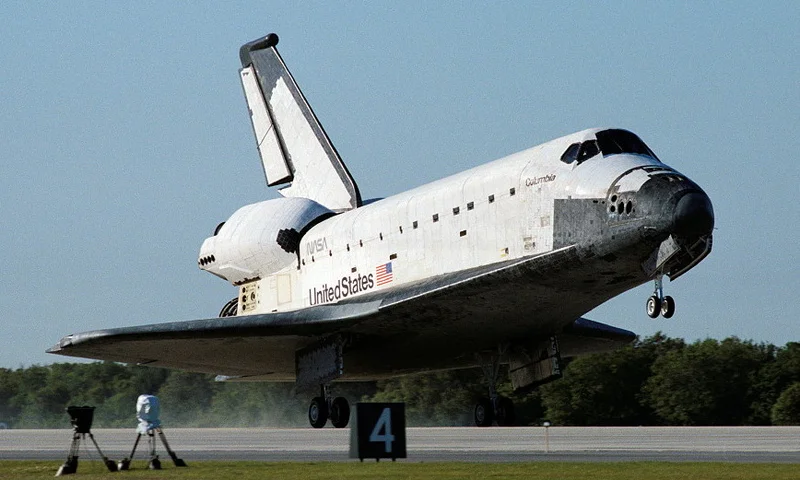
The Space Shuttle Columbia launched for mission STS-107, which would tragically become its final voyage. The crew conducted extensive scientific experiments during their 16-day mission in Earth orbit.
Columbia’s loss upon reentry devastated NASA and the international space community. The tragedy led to comprehensive safety reviews and ultimately influenced the Space Shuttle program’s eventual retirement.
1919 – Nebraska Approves Prohibition Amendment
Nebraska became the 36th state to approve the Eighteenth Amendment, providing the necessary three-quarters majority for constitutional ratification. This decision mandated nationwide Prohibition implementation one year later.
The amendment’s passage reflected growing temperance movement influence across American society. However, Prohibition’s enforcement would prove problematic, ultimately leading to organized crime expansion and the amendment’s eventual repeal.
Cultural and Arts Events on January 16
1942 – Carole Lombard Dies in Plane Crash
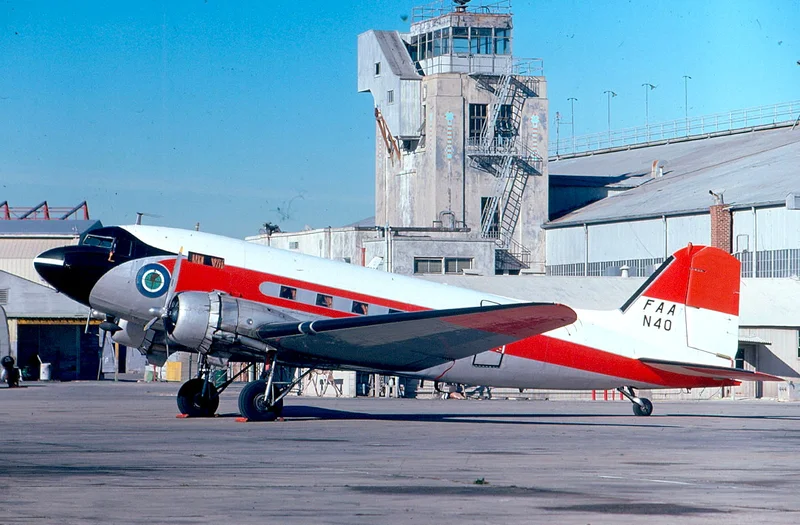
TWA Flight 3 crashed, killing all 22 aboard including beloved film star Carole Lombard. The tragedy shocked Hollywood and devastated her husband, Clark Gable, who had become cinema’s leading man.
Lombard’s death marked the end of a brilliant career that had defined 1930s screwball comedy. Her loss represented a significant blow to American entertainment during the nation’s darkest wartime period.
1969 – Jan Palach’s Protest Sacrifice
Czech student Jan Palach committed suicide by self-immolation in Prague’s Wenceslas Square, protesting Soviet occupation following the crushed Prague Spring. His desperate act galvanized resistance against communist oppression.
Palach’s sacrifice became a powerful symbol of Czech resistance and human dignity under totalitarian rule. His martyrdom inspired continued opposition that would eventually contribute to communism’s downfall in Eastern Europe.
1959 – Austral Líneas Aéreas Crash
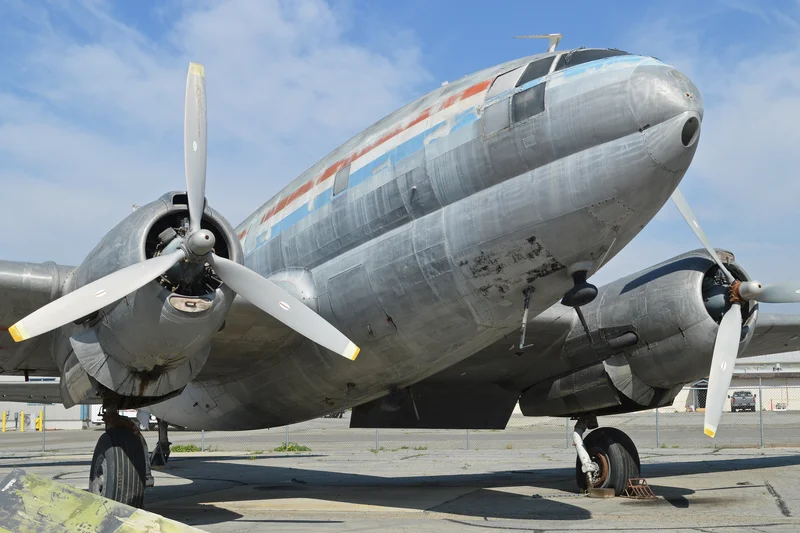
Austral Líneas Aéreas Flight 205 crashed into the Atlantic Ocean near Mar del Plata, Argentina, killing all 51 people aboard. The disaster marked one of Argentina’s worst aviation tragedies.
The crash highlighted early commercial aviation’s inherent dangers and led to improved safety protocols. Argentine authorities implemented stricter maintenance requirements and pilot training standards following the investigation.
Religious and Social Events on January 16
1992 – El Salvador Peace Accords Signed
El Salvador officials and rebel leaders signed the Chapultepec Peace Accords in Mexico City, ending twelve years of devastating civil war. The agreement concluded a conflict that had claimed at least 75,000 lives and displaced hundreds of thousands.
The accords established frameworks for democratic governance, human rights protection, and economic reconstruction. This landmark agreement became a model for conflict resolution throughout war-torn Central America.
2018 – UN Security Council Establishes Al-Qaeda Sanctions
The UN Security Council unanimously established comprehensive arms embargoes and asset freezes targeting Osama bin Laden, al-Qaeda, and remaining Taliban members. These measures strengthened international counterterrorism efforts following the September 11 attacks.
The sanctions demonstrated unprecedented global cooperation against terrorist organizations. Member nations committed to intelligence sharing and financial monitoring to prevent future terrorist operations.
1921 – Marxist Left Congress in Slovakia
The Marxist Left in Slovakia and Transcarpathian Ukraine held its founding congress in Ľubochňa, establishing communist political organization in the region. This meeting reflected growing socialist influence across Eastern Europe.
The congress represented early attempts to create unified communist movements across ethnic boundaries. These political developments would later influence the region’s eventual incorporation into the Soviet sphere.
Business and Economic Events on January 16
2020 – United States-Mexico-Canada Agreement Ratified
The United States Senate ratified the United States-Mexico-Canada Agreement as NAFTA’s replacement, modernizing North American trade relationships. This comprehensive trade deal updated commercial frameworks for the digital economy era.
The agreement addressed labor rights, environmental protection, and intellectual property concerns that had complicated the original NAFTA treaty. The new provisions strengthened North American economic integration while addressing globalization’s social costs.
1995 – Icelandic Avalanche Disaster

A devastating avalanche struck the Icelandic village of Súðavík, destroying 25 homes and burying 26 people beneath tons of snow and ice. Fourteen victims perished in this natural disaster that shocked the small island nation.
The tragedy prompted Iceland to develop comprehensive avalanche prediction and protection systems. Improved early warning networks and residential relocation programs helped prevent similar disasters in vulnerable communities.
1983 – Turkish Airlines Flight 158 Crashes
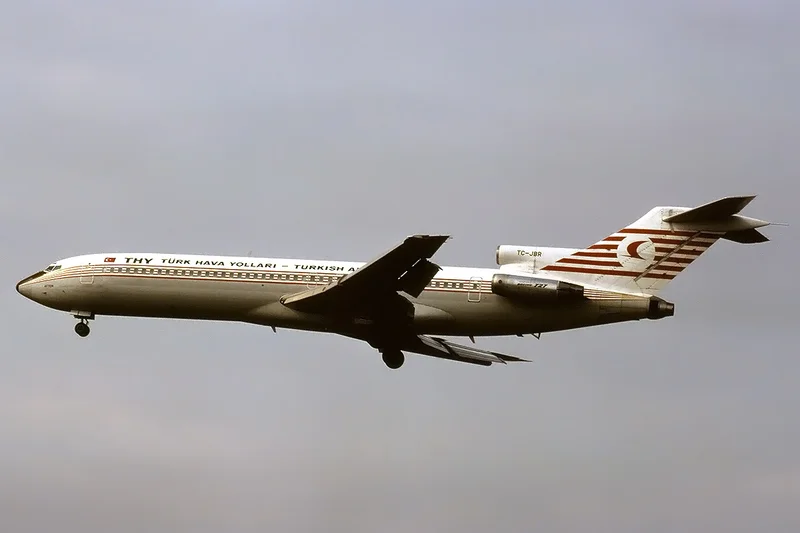
Turkish Airlines Flight 158 crashed at Ankara Esenboğa Airport, killing 47 passengers and crew while injuring 20 others. The disaster highlighted aviation safety challenges facing developing nations’ airlines.
The crash investigation revealed maintenance deficiencies and training inadequacies that prompted comprehensive reforms. Turkish aviation authorities implemented stricter oversight and modernized safety protocols following the tragedy.
Transportation and Infrastructure on January 16
2017 – Turkish Airlines Flight Crashes in Kyrgyzstan
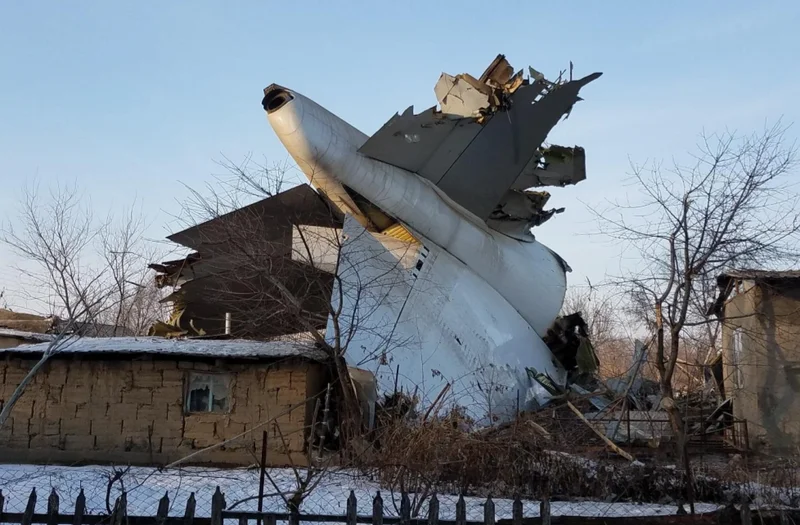
Turkish Airlines Flight 6491 crashed into a residential area near Manas International Airport in Kyrgyzstan, killing 39 people including local residents. The cargo plane’s impact destroyed several homes and shocked the Central Asian nation.
The crash highlighted challenges facing international cargo operations in mountainous regions with difficult weather conditions. Aviation authorities enhanced approach procedures and emergency response protocols following the comprehensive investigation.
2001 – Theodore Roosevelt Receives Posthumous Medal of Honor
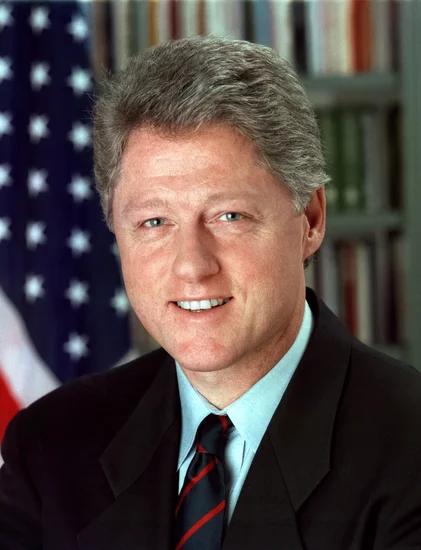
President Bill Clinton awarded former President Theodore Roosevelt a posthumous Medal of Honor for his courageous service during the Spanish-American War. This recognition acknowledged Roosevelt’s leadership of the Rough Riders cavalry unit.
The ceremony honored Roosevelt’s military valor before his political career began. His battlefield courage exemplified the leadership qualities that would later define his transformative presidency.
2012 – Mali War Begins
The Mali War commenced when Tuareg militias initiated fighting against the Malian government, seeking independence for northern territories. This conflict destabilized the Sahel region and threatened West African security.
The rebellion exploited government weaknesses and created opportunities for Islamic extremist groups. International intervention became necessary to prevent Mali’s complete collapse and regional destabilization.
Sports and Recreation on January 16
2016 – Burkina Faso Terrorist Attack

Terrorist attacks in Ouagadougou, Burkina Faso, targeted a hotel and nearby restaurant, killing 23 people and injuring 33 others among freed hostages. The coordinated assault shocked the West African nation and highlighted regional security challenges.
The attacks demonstrated terrorism’s expanding reach across the Sahel region. Burkina Faso authorities enhanced security measures and increased international cooperation to combat extremist threats.
2018 – Myanmar Police Violence Against Rakhine Protesters
Myanmar police opened fire on ethnic Rakhine protesters, killing seven people and wounding twelve others. This violence highlighted ongoing ethnic tensions and government repression in the troubled Southeast Asian nation.
The incident reflected broader patterns of military brutality against minority populations. International human rights organizations condemned the excessive force and called for accountability measures.
2011 – Syrian Democratic Movement Established
The Movement for a Democratic Society (TEV-DEM) was established with goals of reorganizing Syria along democratic confederalism principles. This political initiative represented Kurdish attempts to create autonomous governance structures.
The movement’s formation reflected growing Syrian civil society activism before the civil war’s outbreak. These democratic aspirations would later influence Kurdish-controlled territories’ political development.
Notable Births on January 16
1901 – Fulgencio Batista Born
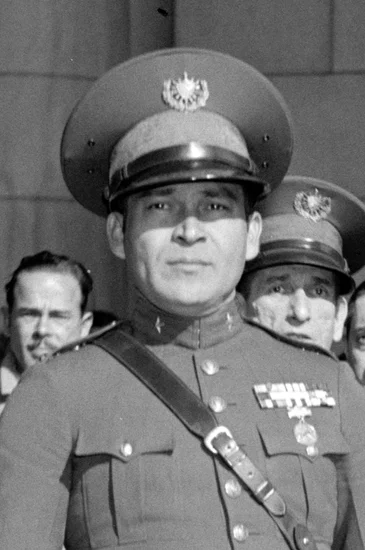
Cuban colonel and politician Fulgencio Batista entered the world, destined to become Cuba’s controversial ninth President. His early military career positioned him for eventual political prominence in the Caribbean nation.
Batista’s authoritarian rule would later provoke revolutionary opposition led by Fidel Castro. His dictatorship became synonymous with corruption and repression, ultimately leading to his overthrow in 1959.
1973 – John Carpenter Born

American director, producer, screenwriter, and composer John Carpenter was born, later becoming a master of horror cinema. His childhood fascination with filmmaking evolved into groundbreaking contributions to genre entertainment.
Carpenter’s innovative approach to suspense and atmospheric terror influenced generations of filmmakers. His iconic scores and visual style helped define modern horror cinema’s aesthetic principles.
1980 – Lin-Manuel Miranda Born
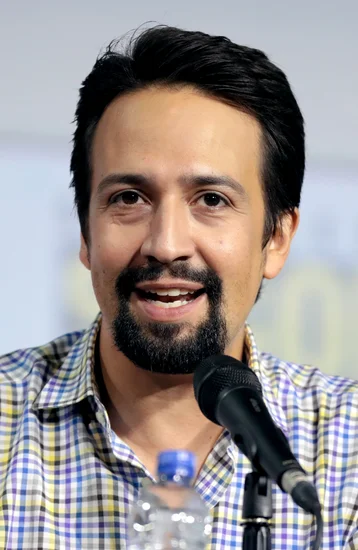
American actor, playwright, and composer Lin-Manuel Miranda was born, destined to revolutionize American musical theater. His multicultural background influenced his innovative approach to storytelling through song.
Miranda’s groundbreaking work would blend hip-hop, traditional Broadway styles, and historical narratives. His creations would earn numerous awards while expanding musical theater’s cultural relevance and diversity.
1972 – Kate Moss Born

English model and fashion designer Kate Moss was born, later becoming an iconic figure in global fashion. Her distinctive look would challenge traditional beauty standards and redefine modeling industry aesthetics.
Moss’s career spanned decades of fashion evolution, from 1990s grunge to high-fashion glamour. Her influence extended beyond modeling into fashion design and cultural trendsetting.
1935 – A. J. Foyt Born
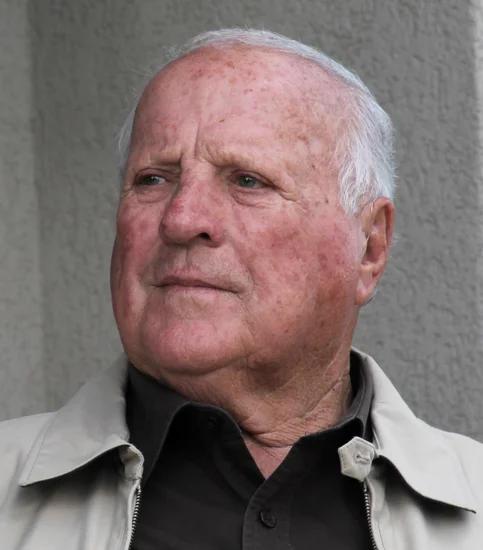
American race car driver A. J. Foyt was born, destined to become one of motorsports’ greatest champions. His competitive spirit and mechanical expertise would dominate American racing for decades.
Foyt’s racing achievements included four Indianapolis 500 victories and numerous championship titles. His versatility across different racing disciplines established him as motorsports’ most accomplished competitor.
1944 – Jill Tarter Born
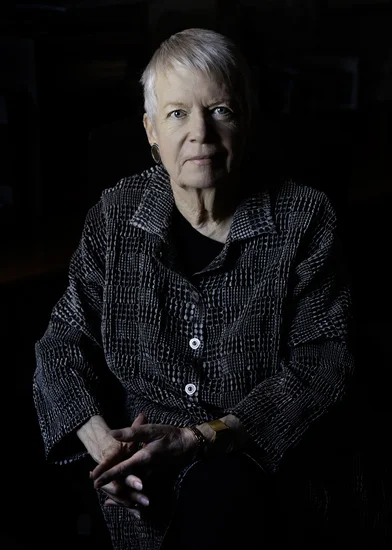
American astronomer and biologist Jill Tarter was born, later becoming a pioneering figure in the search for extraterrestrial intelligence. Her scientific curiosity would drive decades of SETI research and public engagement.
Tarter’s work inspired countless scientists and captured public imagination about life beyond Earth. Her dedication to scientific rigor helped establish SETI as a legitimate field of astronomical research.
1910 – Dizzy Dean Born
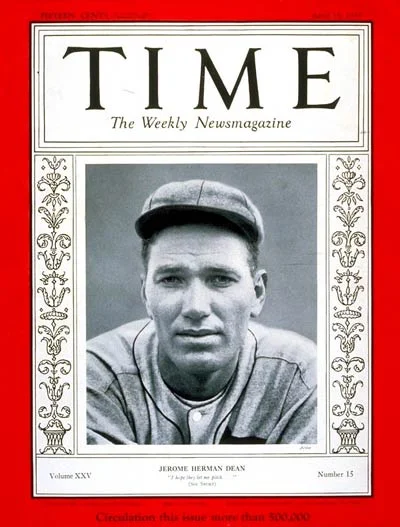
American baseball player and sportscaster Dizzy Dean was born, destined to become one of baseball’s most colorful personalities. His pitching prowess and entertaining commentary would captivate sports fans for generations.
Dean’s Major League career featured dominant performances and memorable quotes that became baseball folklore. His transition to broadcasting continued his influence on America’s national pastime.
Notable Deaths on January 16
1957 – Arturo Toscanini Dies
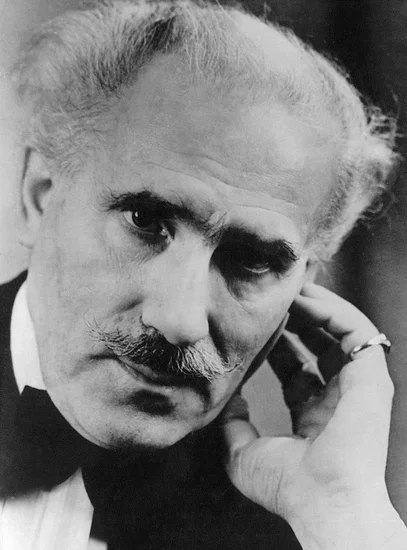
Italian cellist and conductor Arturo Toscanini passed away, ending one of classical music’s most distinguished careers. His perfectionist approach and passionate interpretations had revolutionized orchestral performance standards.
Toscanini’s recordings preserved definitive interpretations of classical masterworks for future generations. His influence on conducting technique and musical interpretation continues inspiring musicians worldwide.
2009 – Andrew Wyeth Dies
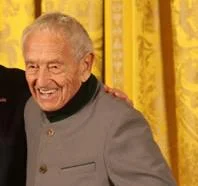
American painter Andrew Wyeth passed away, concluding a remarkable career that captured rural American life with unprecedented detail. His realistic style and emotional depth had made him one of America’s most beloved artists.
Wyeth’s paintings revealed beauty in everyday scenes and ordinary people with extraordinary sensitivity. His technical mastery and humanistic vision influenced generations of American artists.
2019 – John C. Bogle Dies
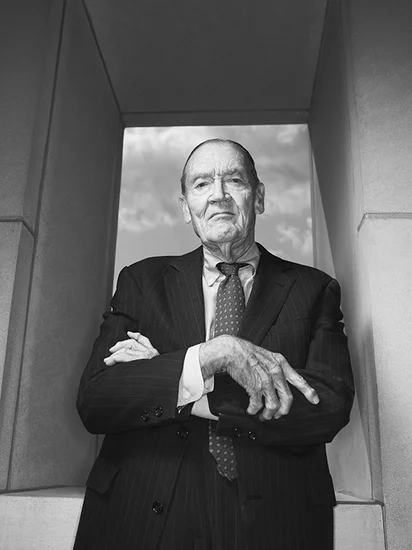
American businessman, investor, and philanthropist John C. Bogle passed away, ending a revolutionary career in financial services. His creation of index funds democratized investing for ordinary Americans.
Bogle’s philosophy of low-cost investing challenged Wall Street’s traditional profit structures. His innovations saved investors billions in fees while making financial markets more accessible to average citizens.
2021 – Christopher Tolkien Dies
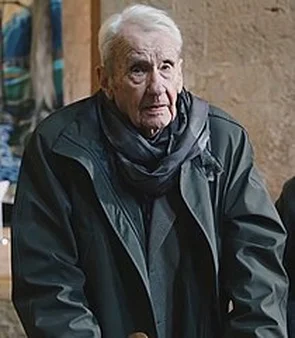
British academic and editor Christopher Tolkien passed away, concluding his lifelong dedication to preserving his father’s literary legacy. His scholarly work had made J.R.R. Tolkien’s unpublished writings available to devoted fans.
Christopher’s meticulous editing revealed the depth of Middle-earth’s creation and his father’s creative process. His contributions ensured that Tolkien’s fantasy world would continue inspiring readers for generations.
2025 – Dame Joan Plowright Dies
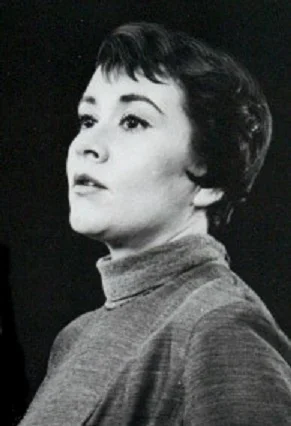
English actress Dame Joan Plowright passed away, ending a distinguished career spanning stage, film, and television. Her powerful performances and dedication to theatrical excellence had earned international recognition.
Plowright’s marriage to Laurence Olivier created one of theater’s most celebrated partnerships. Her independent achievements established her as one of Britain’s finest actresses in her own right.
2025 – Bob Uecker Dies

American professional baseball catcher and sportscaster Bob Uecker passed away, concluding a beloved career entertaining sports fans. His self-deprecating humor and broadcasting excellence had made him a national treasure.
Uecker’s transition from mediocre player to exceptional broadcaster demonstrated his natural comedic talent. His wit and baseball knowledge provided decades of entertainment for Milwaukee Brewers fans.
Holidays and Observances on January 16
National Religious Freedom Day
The United States observes National Religious Freedom Day, commemorating the Virginia Statute for Religious Freedom’s adoption in 1786. This founding document established principles of religious liberty that influenced the First Amendment.
The observance celebrates America’s commitment to protecting diverse religious practices and beliefs. Educational institutions and civic organizations use this day to promote understanding of religious freedom’s importance in democratic society.
Teachers’ Day in Thailand
Thailand celebrates Teachers’ Day, honoring educators’ contributions to national development and cultural preservation. Students traditionally present flowers and gifts to their teachers in ceremonies throughout the country.
The celebration emphasizes respect for knowledge and learning that characterizes Thai culture. Educational institutions hold special programs recognizing outstanding teachers and their dedication to student success.
Teacher’s Day in Myanmar
Myanmar observes Teacher’s Day, recognizing educators’ vital role in society despite the country’s ongoing political challenges. The celebration maintains cultural traditions honoring knowledge and wisdom.
Teachers receive special recognition for their perseverance in maintaining educational standards during difficult times. The observance reflects Myanmar’s commitment to education despite political instability and economic hardship.
